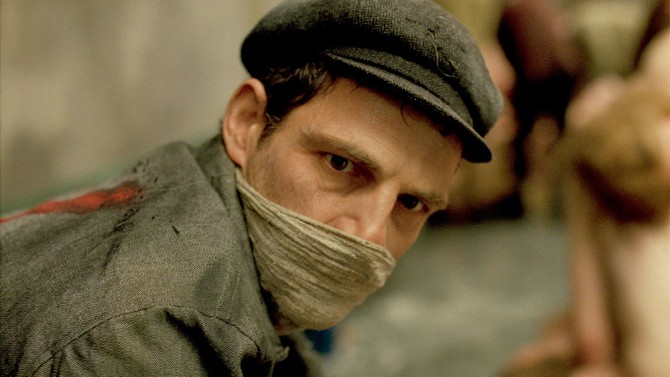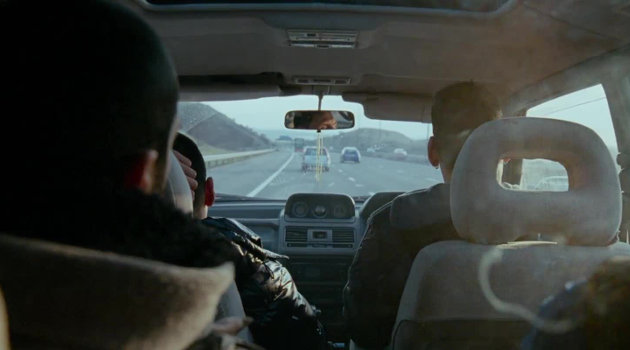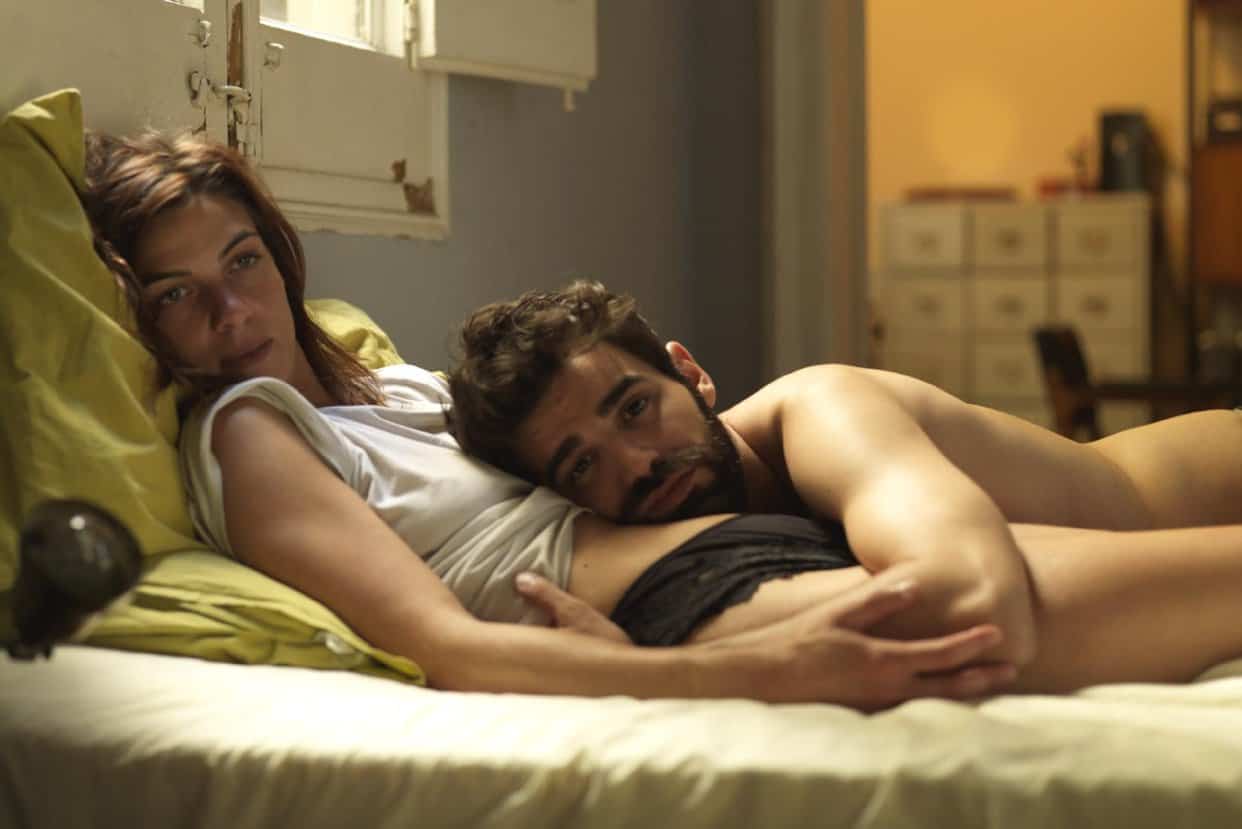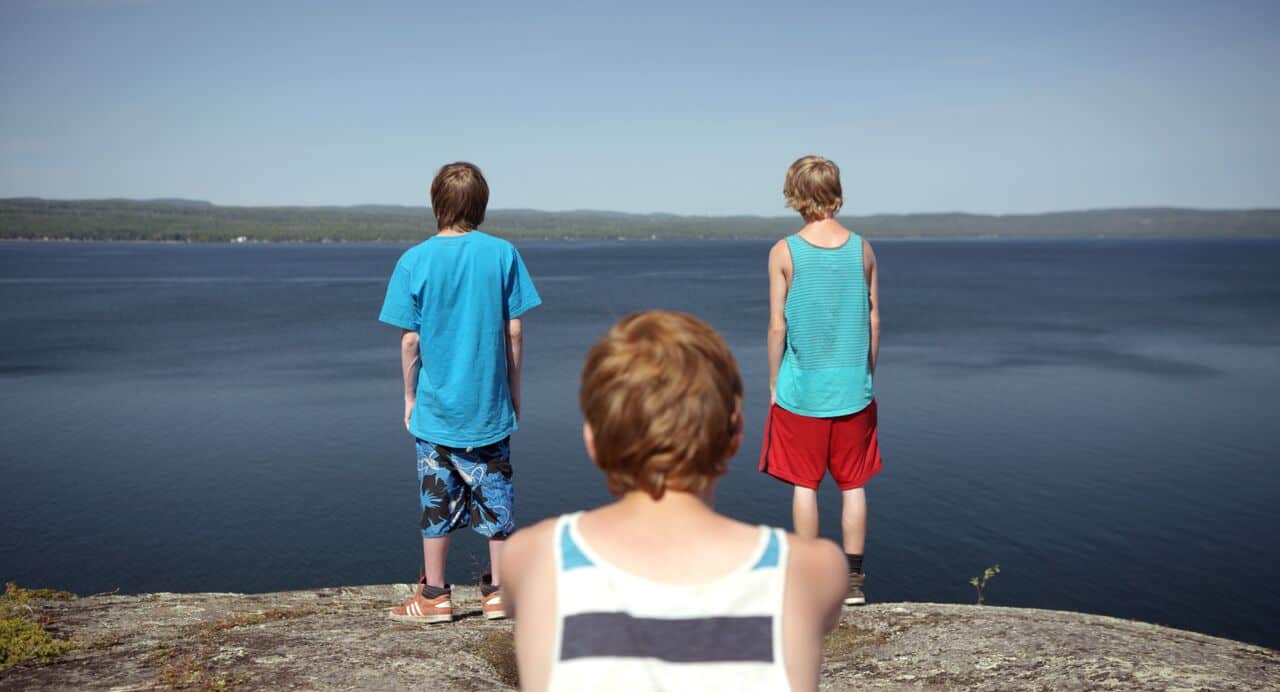25.) Son of Saul
A powerhouse of form and function which won acclaim at Cannes and is on many critics’ Best of the Year lists, it may come as a surprise to see Son of Saul this far down the list. It is undoubtedly more technically proficient than many others above it, but its conceit is where the film falters. The Holocaust is almost impossible to film without dipping into exploitation or voyeurism, and while it tries to avoid both with a camera so fixed on the sonderkommando Saul that it seems to be attached to him, allowing the horrors to occur offscreen or out of focus, it retains the titillation without acknowledging the reality of what happened. The exhausting nature of its harrowing circumstances is overwhelming, yet is overly servile to the audience, coming across almost like a Holocaust-themed amusement park ride. Perhaps I am being unfair, but I find myself leery of the potential exploitative nature of the film, even as I admire László Nemes’ cinematic craftsmanship.
24.) Catch Me Daddy
A criss-cross between a beautifully shot music video, a mumblecore indie, and a horrific crime thriller, Catch Me Daddy is a poignant – if cruel – lesson in empathy and cross-cultural differences. Daniel Wolfe’s film is at its most poignant when capturing the beautiful lyricism of the countryside swallowing up the young couple Laila and Aaron – on the run from her father – or in their moments of intimacy, culminating in a gloriously freeing take of Laila dancing in their hideaway trailer. A sharp turn for the worse, while hovering around the periphery of the film throughout, is difficult to take in, as Catch Me Daddy becomes a bit too caught up in the thrills of how disturbing its onscreen violence is, rather than taking the time to better connect it thematically and formally to the rest of the film. Regardless, it paints a rough picture of misogynistic practices and the black hole that won’t let Laila escape and assert her independence. There’s a deep horror to the film that the early beauty only serves to deepen, as Wolfe strips his film of hope for the future.
23.)10,000KM
Films poised on a single doomed relationship can be a chore to sit through, like a bottle episode strung out too long. 10,000KM not only manages to stay engaging (despite its miniscule cast of two), but it accomplishes the rare act of incorporating relevant technology (through extensive use of Skype and Google Maps/Earth) without hanging the film’s meaning on it as a gimmick, or attempting to cash in on a trend. Carlos Marques-Marcet has a keen eye for using minimal space to usher in intimacy or alienation. The opening twenty minutes is a near perfect use of a single take, creating a context of the relationship between Alex and Sergi through a sense of shared spatial awareness, before the rest of the film separates the two of them and then refuses to return to that edenic state even when the film does reunite them in the same space.
22.) Backcountry
Similarly to Neil Marshall’s The Descent, Macdonald’s film conjures up a sense of foreboding and primal fear simply through the setting and a terse tension between his characters, before ratcheting up the horror and going in for the kill. Yet Backcountry isn’t strictly a horror film. A simple survival story at heart, the film hinges on its leads, Missy Peregrym and Jeff Roop, playing Jenn and Alex, a couple on a romantic weekend camping trip who aren’t quite prepared for what they encounter in the wilderness. Adam Macdonald not only captures the physical tension of isolation and fear brought about by the wild, but magnifies the nuances of how a relationship is strained and bent by external circumstances.
21.) Sleeping Giant
Andrew Cividino’s first film takes on the ticking time bomb of childhood’s transition from a fun and fancy-free summer to a tragic realization of the lost sense of self in the shadow of adulthood. A coming of age tale infused with a health kinetic vitality, Sleeping Giant is hobbled by the faint strands of narrative which lead the film forward. Yet it has a remarkably strong sense of place and ontology, allowing the “being” of childhood to shine through, reverent towards its nostalgic magic but without couching it in Romanticism or sidestepping the awkwardness and pain of youth. Buoyed by strong performances from its three leads, it takes a less quirky, more realistic approach, relying on improvisation and the kids’ natural chemistry and charisma to mirror real life. Capturing the casual cruelty alongside their confusion about their place in life, there’s not a single good person present. The only characters who aren’t shown to be broken are underdeveloped mannequins, like Adam’s mother and Nate’s grandmother. The subtext of Adam’s struggle with his sexuality reveals a strength in the script, as instead of bringing it up indirectly, it skirts around it, allowing body language and elliptic questions to pepper the air, creating an ambiguous confusion that must mirror Adam’s.






